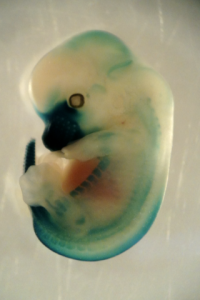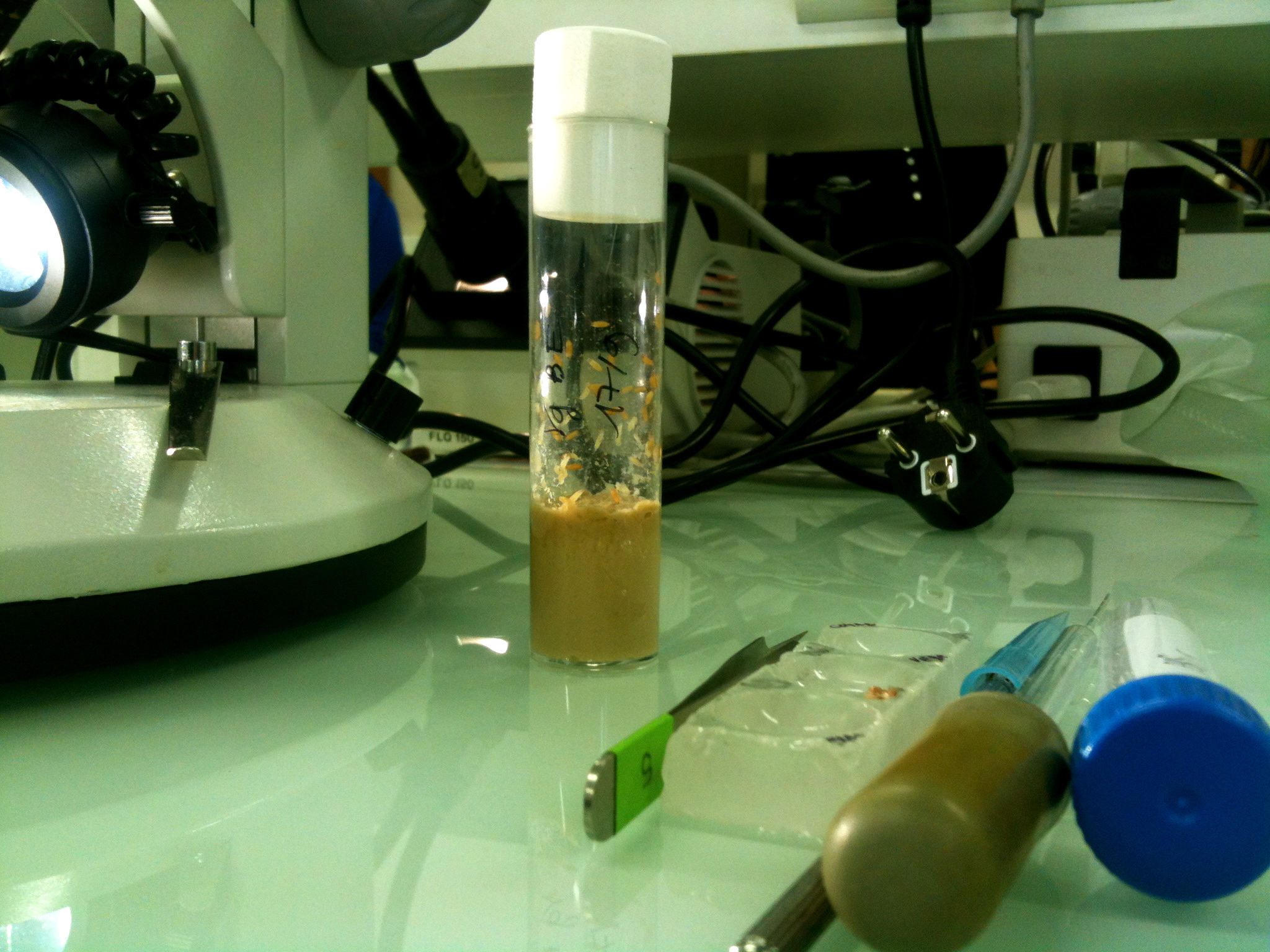A feedback from Paris UPMC/Curie International program
Posted by Benny, on 23 December 2012
The UPMC/Curie Institute International Course in Developmental Biology took place in Paris during five weeks.
Students coming from Master or PhD programs around the world gathered together for the three first weeks to participate to the practical part. The group was composed of approximately 20 people from France, Portugal, the Netherlands, Ireland, India, Greece, the USA and China. UPMC Developmental Biology groups animated workshops specialized in each animal model: Drosophila, Mouse Oocytes, Mouse embryos, Chicks embryos, Xenopus, Zebra fish and Nematode.
The high quality of available and hands-on specialists together with complete and modern materials for each bench offered impeccable conditions to get an intense knowledge from every model presented.
Our group was directed everyday (with the exception of Sunday) by three to five Professors or Assistant Professors recruited among the best French specialists in their domains. This provided a true atmosphere of work, and by the end of long days, we were both exhausted and still amazed by all the possibilities in developmental biology that we had approached with each model.
After these first three weeks, began the second part of the program: conferences given by French and International speakers at the Curie Institute. In the heart of historical Academic Europe – Paris Latin Quarter – we had the chance to participate to seminars given by some of the most exciting biologists, coming from Harvard, Cambridge, the Stowers Institute, UPMC, etc. Their reputation in their fields of research crossed the program’s frontiers and brought many scientists from other domains coming to join us occasionally, standing all along, like in concerts of superstars!
Very recent research topics in development were presented, from plant biology to planarian regeneration, from induced pluripotent stem cells to limb bud development. After every conference, we had enough time to ask questions, so that it was more informal conversations between the speaker and us. Then we could talk face to face about everything, their research of course, but also their point of views about everything, such as their career, the choices they made… all this, with coffee and croissants.
Every couple of days, a group of three of us was to present an article and to design an experimental research plan to deepen the subject of the day. It was a good opportunity to practice skills in presenting conferences, right within this total immersion in science communication.
The intensity of the program enabled us to get to know each other very quickly. Little talks about science or our lives as international students began to build a common experience in our shared interest in developmental biology. By the end of the program, not only we had acquired scientific skills in theory, methods and practicals, but also we became friends and started to build a strong network of future developmental scientists.





 (13 votes)
(13 votes)